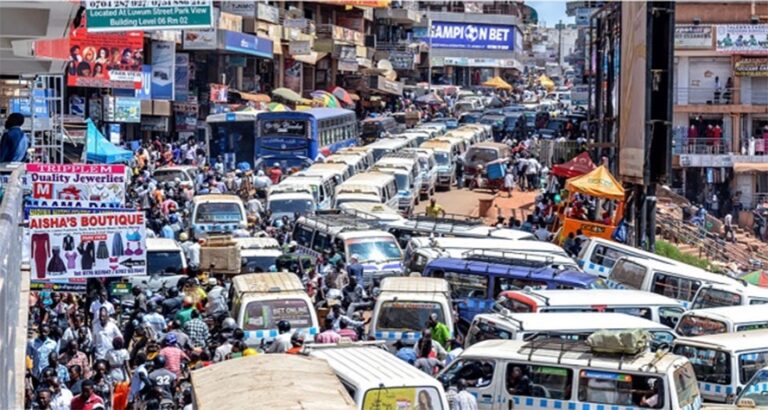
The Uganda Coffee Development Authority (UCDA) has embarked on the process of registering all coffee farmers in conformity with the National Coffee Act, 2021.
In Uganda, coffee is a critical part of the economy and its importance is growing. Over 1.8 million households grow the crop. Coffee contributes nearly a third of the country’s export earnings, paying for critical infrastructure like roads, hospitals, and schools.
According to UCDA, the legal basis of the move is under Article 26, the Act stipulates that it would be difficult to regulate the sector without knowing who is growing what type of coffee, when and where and on what acreage and in what volumes and quality.
The body pointed out that it was important to register all coffee farmers for traceability, for planning, extension service forecasting, and provision of on-farm support.
“The move will lead into establishment and maintenance of a National Register of Coffee farmers,” it said in a recently issued statement.
It further explained that the move was not intended to levy a tax on them, but is part of the global best practices for planning and regulation. We shall not charge fees for registration of farmers.

estimated value of $30,000 (about sh112.2m), which is part of the support package estimated to go up to $750,000 (about sh2.855b).
Charles Mugoya, UCDA’s Board Chair, said they are thrilled about the establishment of the National Coffee Registry through this project which will benefit both producers and consumers and everyone throughout the coffee supply chain,” said, adding that the project is crucial for ensuring Uganda’s compliance with EU regulations
“These regulations are dedicated to protecting the environment and maintaining high standards of corporate responsibility, aligning perfectly with our national laws. By adhering to these regulations, we are positioning Uganda as a global leader in sustainable coffee production,” Mugoya noted.
He emphasized that by advancing sustainability and resilience, Uganda is securing the future of the country’s coffee industry and improving the livelihoods of millions of smallholder farmers who rely on coffee for their income.
Abdourahmane Dia, UNDP’s Operations Advisor said that it is crucial to register all coffee farmers, as traceability requires procuring particulars of farmers, dealers and traders along the whole value chain, the reason why the system should be digitalised.
Gerald Kyalo, the UCDA director of development services said they have a budget of sh35b to implement registration, sensitization, and acquiring the necessary tools of work.
He said the government has allocated sh13.9b to go towards this process this financial year, with the possibility of additional funding.

Kyalo added that they kickstarted the process two years ago, and will eventually lead to digitization by establishing a monitoring and evaluation system primarily for data capture and extension services.
“While this system has been useful, our reach was limited due to staffing constraints,” he pointed out, adding that the donated equipment will complement their existing resources, enabling them to register an estimated 1.8 million coffee farmers across Uganda’s 126 coffee-growing districts,” he said.
He said as part of the initial activities, the project will train and equip 1,000 youth and women with skills and tools for coffee nursery management, as well as train 100 additional individuals in the coffee value chain process.
He pointed out that without undertaking this process, Uganda risks being shut out of the European Union (EU) market, which brings in the biggest chunk of the earnings.
On 29 June 2023, the EU parliament passed the EU Deforestation Regulation (EUDR) – Regulation (EU) 2023/1115 – the Regulation on deforestation-free products. The regulation bans import into the block of coffee products from land that was deforested after 31 December 2020.




